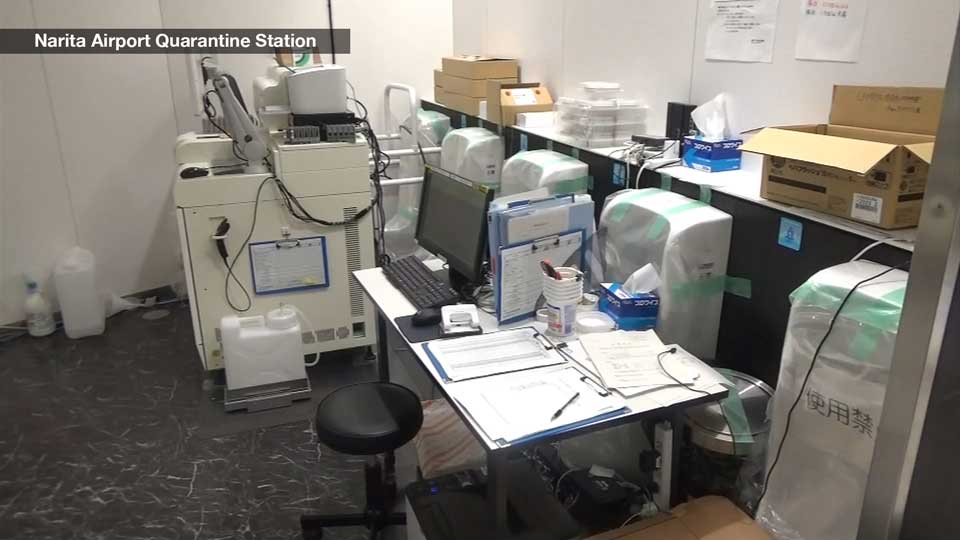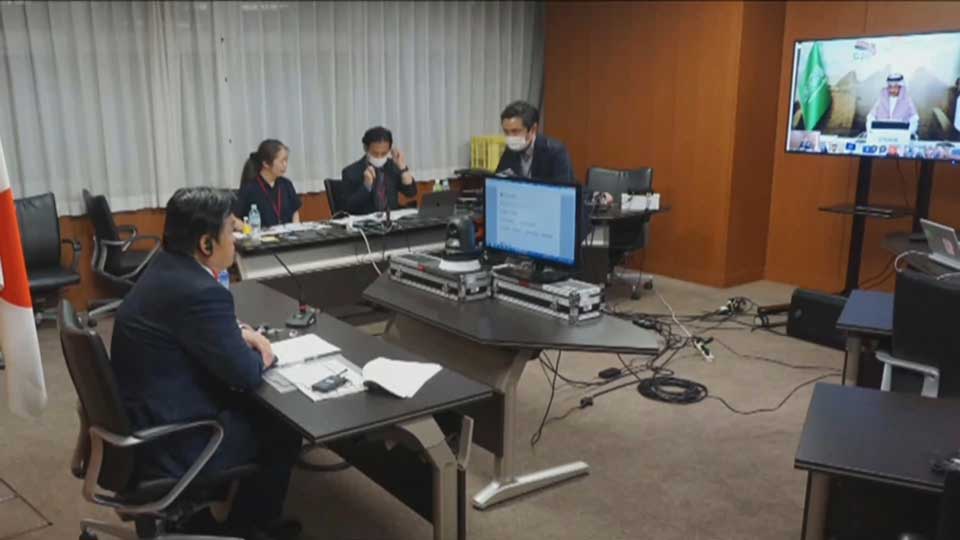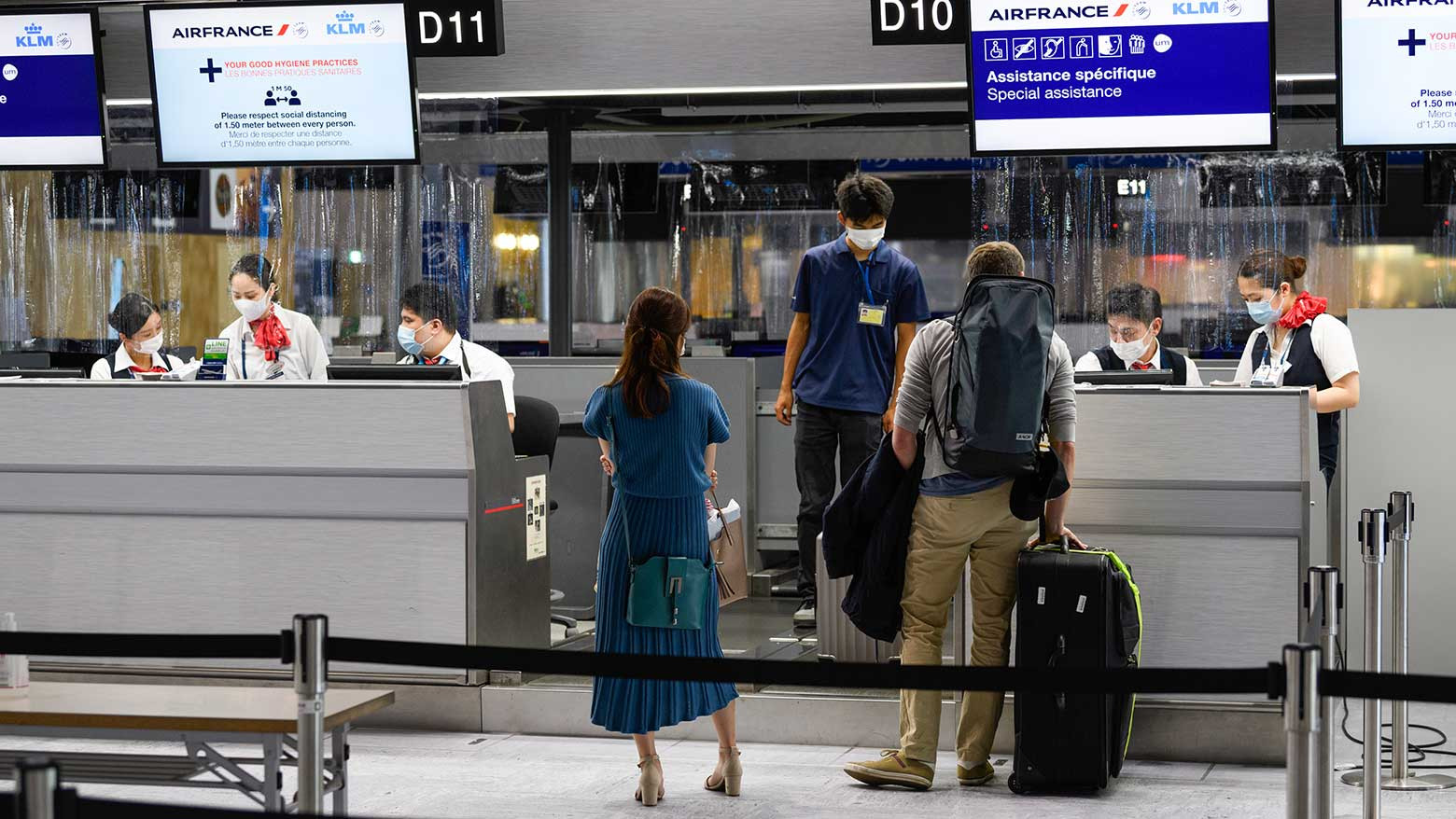Since October 1, it's been a little easier for mid- and long-term visitors to enter Japan. Inbound business people, medical staff and students are required to take coronavirus tests at the airport, and their employer or school must ensure they self-quarantine for two weeks and provide regular updates to health officials. And Japan's health minister, Tamura Norihisa, says the government is planning to double testing capacity at airports across the country to 20,000 per day.
The government is also considering exempting some people from the 14-day quarantine period. Japanese business travelers and foreign nationals with residence status would be asked to provide plans that include where they plan to go within the country.

But Hamada Atsuo, a professor at Tokyo Medical University and an expert on infectious diseases and travel medicine, is concerned that some businesses and schools may not be equipped to monitor their visitors for two weeks.
"There are all kinds of host companies and schools," he says. "It would be good if they all were adequately prepared, but the worry is that places with few members of staff might not be able to cope if a large number of foreigners arrive. I think these sponsors need to think about how many people they can monitor before allowing them to enter the country. And it all depends on whether the host companies or schools can guarantee they can handle it properly."
Hamada also says the move toward economic recovery and resuming exchanges with foreign countries is important. But when it comes to international travel, it is necessary to distinguish between countries that are dealing with an epidemic, and those that are not.
Spain, France and Britain, for example, are each recording more than 10,000 new cases a day and introducing new restrictions.
The tourism ministers of the G20 nations, including Japan's Akaba Kazuyoshi, held a video conference on October 7 and issued a statement vowing to "ensure that the introduction and removal of travel restrictions are coordinated and proportionate to the national and international situation."

This could affect Japan's plans to host the Olympics and Paralympics next summer. If the situation regarding the pandemic improves by the spring, Hamada says Japan may deem it possible to welcome tourists for the Games.
"There's a chance the pandemic will diminish through the winter and spring, and a vaccine could be distributed in Japan and elsewhere from early next year," he says. "If enough people get vaccinated, the country could be ready."
A survey conducted by NHK in early October found that a majority of people in the country are still opposed to easing entry restrictions for foreigners. Almost 60% of respondents said it was too early. Only 20% felt the timing was right, and a mere 9% thought the changes were overdue.

